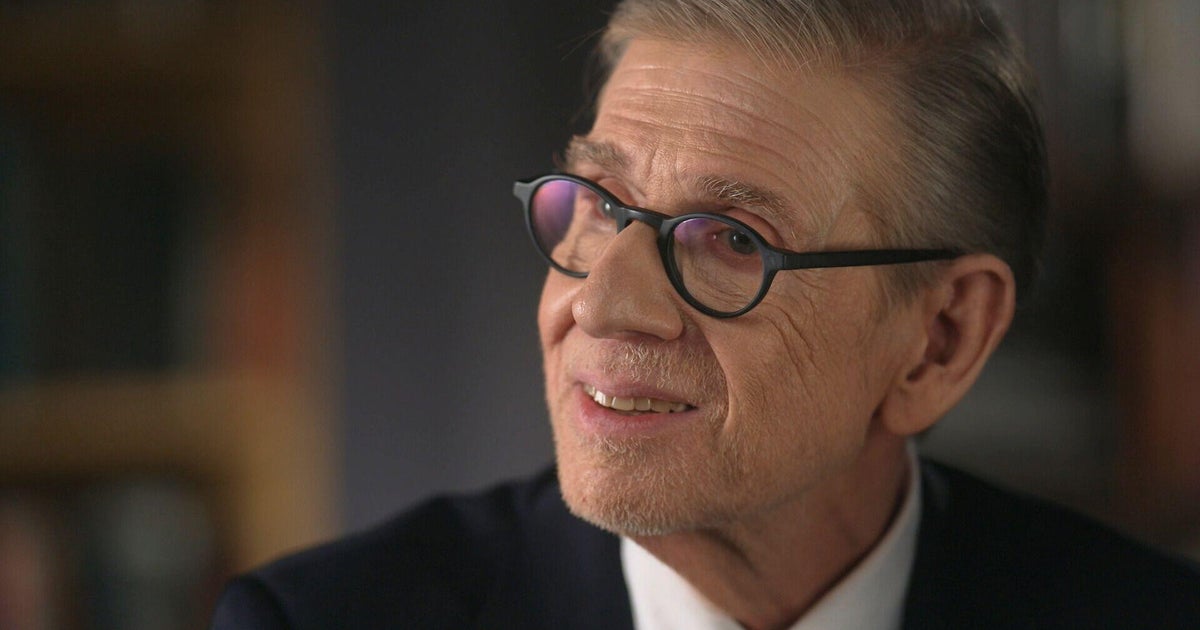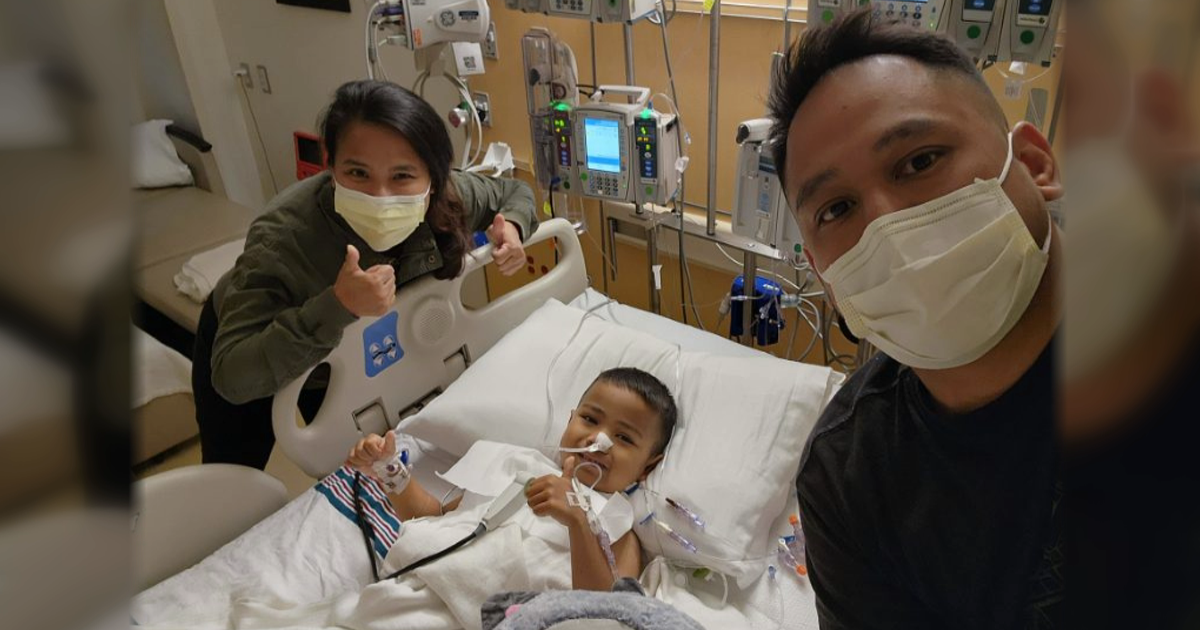Pfizer asks FDA to allow COVID-19 vaccine for kids under 5
Pfizer has asked the Food and Drug Administration for emergency use authorization for its COVID-19 vaccine for children ages 6 months to 5 years. If the FDA agrees, the shots containing just one-tenth of the dose given to adults could be dispensed to children as soon as the end of February.
It's still unclear how many shots the youngsters will need. Pfizer announced in December that two extra-low doses of its vaccine did not provide a strong enough immune response in 2- to 4-year-olds, prompting the company to add a third shot to the trial. The final data from the study isn't expected until late March.
Even with potential FDA authorization, the Centers for Disease Control and Prevention also has to sign off.
Parents nationwide have been pushing for an expansion of shots for toddlers and preschoolers, especially in the wake of the fast-spreading Omicron variant that resulted in a record number of pediatric hospitalizations. More than 3.5 million children tested positive for COVID last month, according to the American Academy of Pediatrics.
Authorization would come at a pivotal moment: New pediatric COVID cases dropped last week for the first time since early December, but remain high — over 100,000 new cases for 25 consecutive weeks.
"For parents of young children, I would say, hang in there," Dr. Paul Offit of Children's Hospital of Philadelphia told CBS News. "Over the next few weeks, you're going to see a continued dramatic decline."
The vaccine has been available for kids ages 5 to 11 since November, and for ages 12 to 15 since last May.
New Orleans became the first major school district to require its students ages 5 and up to be vaccinated against COVID. Parents can opt out on medical, religious or philosophical grounds.
But with so many parents already hesitant to vaccinate their eligible children, experts don't expect authorization for kids under 5 to significantly affect new case numbers. Only 38% of 5- to 17-year-olds are fully vaccinated.
"I encourage parents to talk to their pediatricians, to read trustworthy sources of information, not to go down social media rabbit holes, but to look at the real data," Dr. Megan Ranney, an emergency physician and academic dean of public health at Brown University, told CBS News.
Conz Preti has anxiously awaited a vaccine for her 3-year-old and 2-year-old twins.
"The second it is available, we're going to be calling our pediatrician," Preti told CBS News. "I feel very comfortable with having my kids get the vaccine."
The Associated Press contributed reporting.



